Graham Reid | | 1 min read
Ry Cooder: Sundown Town
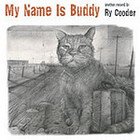
Albums under Ry Cooder's name once only sold in the hundreds. But these days -- through high profile soundtracks such as Paris, Texas, The Long Riders and Trespass, internationally acclaimed work with the Buena Vista Social Club, and superb albums with the likes of fellow guitarist Manuel Galban (Mambo Sinuendo) and the late Ali Farka Toure from Mali (Talking Timbuktu) -- Cooder has become something close to a household name.
His last album, Chavez Ravine, was a concept album rooted in Mexican American music, and this new album is even more ambitious -- although in some places it reaches back to the folk, blues and r'n'b styles of some of his early solo albums such as Into the Purple Valley and Chicken Skin Music for its musical sources. But it also continues the idea of a large scale concept in the manner of Chavez Ravine.
My Name is Buddy takes the form of an allegory about an older, Depression-era America in which three anthropomorphic fellow travellers -- a cat called Buddy, a left-wing mouse, and Reverend Tom Toad -- make a journey of political and self-discovery in the backroads of America at the time of the union movement, the Dust Bowl, Hank Williams and the Klan.
Smart folks will spot the Steinbeck references, and the accompanying booklet has a parallel story of pointed anecdotes by Cooder about this imaginative, fable-like journey (in addition to the lyrics), and complimentary artwork by Vincent Valdez. (Animated movie anyone?)
With Chieftain Paddy Maloney, Van Dyke Parks, Pete Seeger, accordion player Flaco Jiminez, and Jim Keltner, My Name Is Buddy becomes a series of parables about the lost promise of America. And through music which touches folk, country, gospel and even lounge jazz, the narrative becomes a discussion of the spirit of the working class, and a condemnation of those who profit by its labour.
It might seemed rooted in the past, but it has powerful contemporary resonances. Cooder is smart enough to makes the album amusing also (the pig called J Edgar, the celebratory songs) but the lyrics, while memorable and often simple, are loaded.
A big one, in every sense of the word.

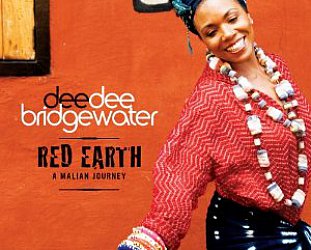
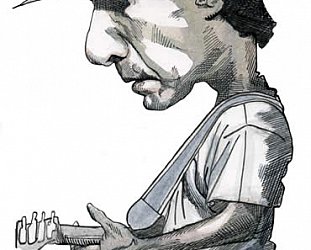


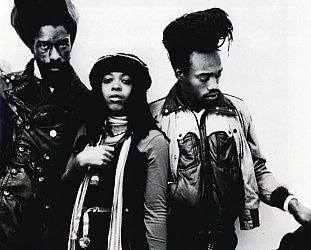
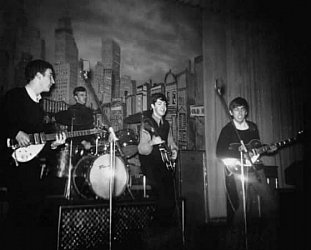
post a comment